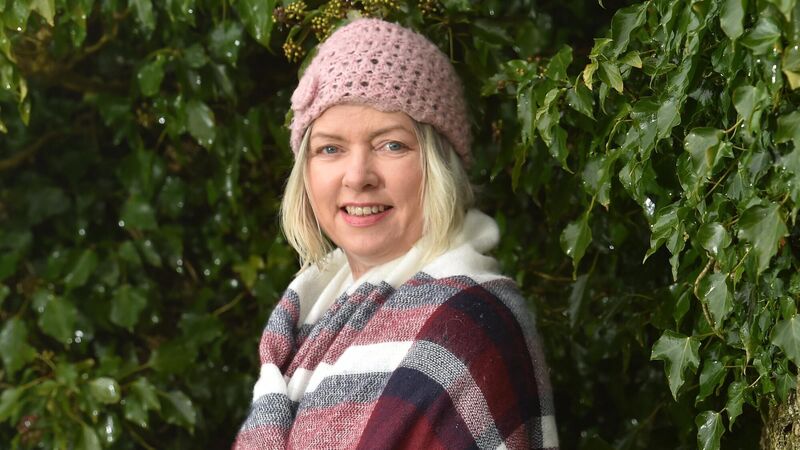Danielle McLaughlin: 'I was turning 50 and I'd been ten years out of legal practice'

Before becoming a fulltime writer, Danielle McLaughlin had previously worked as a solicitor. Picture: Dan Linehan
Danielle McLaughlin’s debut novel The Art of Falling is a tale of infidelity, betrayal and deceit set in middle-class Cork, not a milieu that we see often in literary fiction. She is at pains to point out, however, that she didn’t draw on real-life people for her characters.
“I suppose there is no way of managing what goes on in other people’s heads, so there may very well be people who read the book and say ‘oh, that’s me’. I can say now that it definitely isn’t. They are all entirely fictional.”




